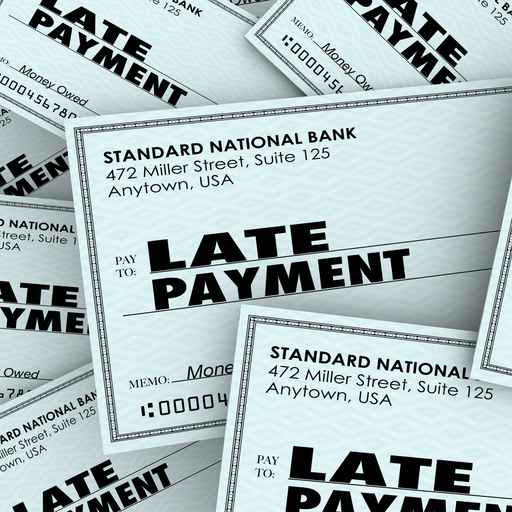
How Do Late Payments Affect Credit Scores And Report Data?
Does a late payment affect your credit? Yes. As soon as you are late on making a scheduled repayment on any kind of loan or hire purchase by thirty days or more, late payment notices are forwarded by your creditors to credit bureaus who subsequently make a note of your late payment on your credit file.
How Much Does A Late Payment Affect Credit?
How do late payments affect credit? Quite simply banks and lenders see regular late payment notices on credit reports as indicators of people having difficulty servicing their debts. This being the case, creditors are less likely to lend and/or offer certain types of financial services to such people. Alternatively, such people may still qualify for loans and certain types of financial services, but find that such services are only made available to them at much less than preferable interest rates.
Can One Late Payment Affect Credit?
Of course, given the hectic pace of live for many people in 2015, it’s easy for almost everyone to miss deadlines for things like loans and hire purchases every once in a while. In this case can one late payment affect credit all by itself? In short yes and no. When late payments appear on people’s credit reports, they appear as ‘currently past due.’ This being the case, while a single missed payment which you missed months or years ago will likely not impact your credit too adversely, more recently missed payments are appreciated by lenders as more worrisome. In fact, credit scores can drop by almost 200 points due to single ‘currently past due notices’ entered on your file.
How Much Does A Late Payment Affect Credit Overall?
Late payments can stay on credit scores for up to seven years. Moreover, the longer a scheduled bill repayment goes unpaid, the worse it will affect your credit rating. In this case, late payments can adversely affect everything from future credit card to mortgage approvals, not to mention the rate of interest you will stand to pay on financial products which you are approved for. Best practice should therefore be to avoid late payments as much as possible through popper budgeting. This and wherever possible, the setting up automate payments for all your regular household bills.
